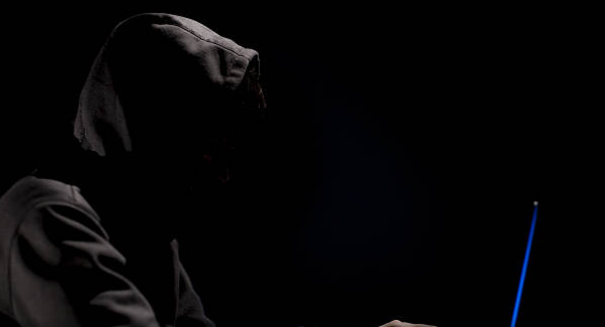
The Samata Ullah Story Shows Why We Must Learn to Spot the Signs of Radicalisation
The recent news that a Cardiff man, Samata Ullah, has been sent to prison for eight years for terrorism offences has sent shockwaves through the local community.
Ullah, who admitted to being a member of Daesh, lived alone in the city. He spent his time amassing huge amounts of extremist content, which served as an ‘online terrorist hub’ for Daesh supporters around the world.
Police say he created a ‘one-stop shop’ for terrorists which included ‘how-to’ videos and advice on avoiding detection by the authorities. It’s not yet clear how he became radicalised or brainwashed into sympathising with the ideology of Daesh.
While Ullah lived in a property by himself, he did not lead a life of total isolation. According to the police report, he had recently taken a job at the Cardiff office of finance company Legal and General in 2016, bringing him into close contact with numerous colleagues.
At FAST, we know that there are no foolproof methods of recognising radicalisation. But it is our duty to educate ourselves so we are better equipped to spot the potential signs of radicalisation, such as changes in behaviour or personality.
Often, radicalised individuals may claim that their religion or culture is under threat or treated unjustly. They might display signs of mental health issues or odd behaviour patterns. Furthermore, distrust of the media or government might compel them to speak out to those around them.
It’s reported, for instance, that Ullah, who is 34 years old, was very knowledgeable about technology: He used the encrypted messaging service Telegram, he advised extremists on how to secure sensitive data and remain anonymous online, and he developed a difficult to monitor peer-to-peer online network. On top of this, he had multiple email addresses and phone numbers.
This is the kind of knowledge that many might boast about. If he had, as the BBC reports, been offering guidance on staying ‘one step ahead’ of the police, then it’s possible he would want to brag about it.
There are many signs of radicalisation to look out for. At FAST, we have created a website page which lists them and offers advice on what to do if you’re concerned.
Earlier this year, FAST ran a workshop in Cardiff to educate families about radicalisation. There, we met parents who had known young people who had travelled to Syria to join Daesh. We spoke with parents who were desperate to safeguard their children from the influence of extremists.
FAST works with communities to help prevent radicalisation before it’s too late, but it is a team effort. We must all remain vigilant – the threat of our young people being radicalised online is clear and present. We owe it to our children and our communities to learn how to spot the signs and do something about it before they harm themselves or others.
